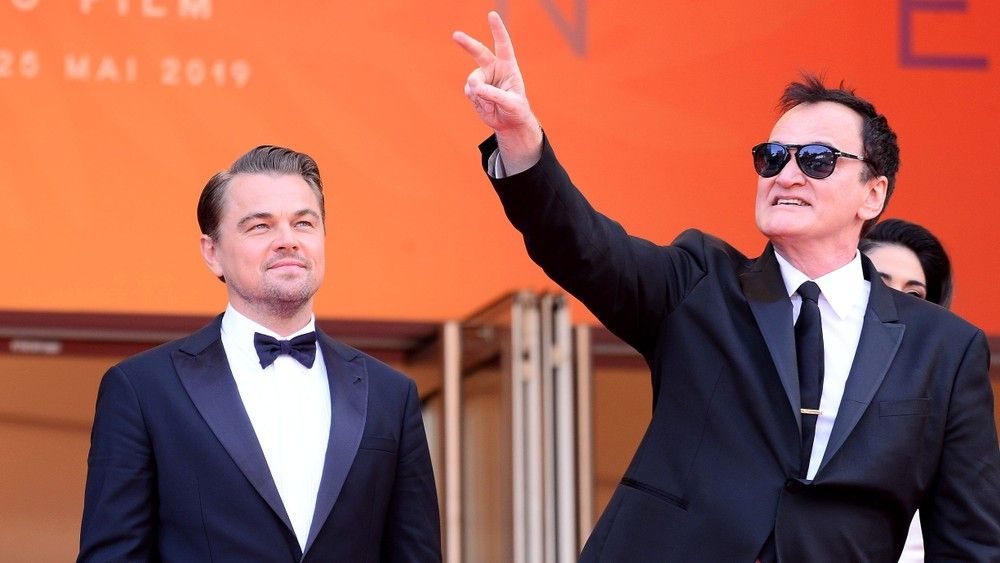
Quentin Tarantino, one of the most influential filmmakers of his generation, has captivated audiences with his distinctive style and narrative approach. From his debut in the early 1990s to his more recent works, Tarantino’s career has been marked by a series of critically acclaimed films that have reshaped the landscape of modern cinema.
Early Beginnings and Breakthrough
Tarantino’s foray into filmmaking began with his 1992 debut, “Reservoir Dogs,” a crime thriller known for its raw energy and unique narrative structure. This film introduced audiences to Tarantino’s signature style of nonlinear storytelling, sharp dialogue, and graphic violence. Despite its modest budget, “Reservoir Dogs” made a significant impact, setting the stage for his next project.
In 1994, Tarantino released “Pulp Fiction,” a film that would become a cultural phenomenon and define the aesthetic of 90s cinema. With its eclectic mix of humor, action, and interwoven narratives, “Pulp Fiction” won the Palme d’Or at the Cannes Film Festival and earned several Academy Award nominations, winning Best Original Screenplay. This film not only solidified Tarantino’s reputation but also revitalized the careers of actors such as John Travolta and Samuel L. Jackson.
Continued Success and Experimentation
Following the success of “Pulp Fiction,” Tarantino continued to explore diverse genres and themes. In 1997, he directed “Jackie Brown,” a more subdued, character-driven film based on Elmore Leonard’s novel “Rum Punch.” Although less flashy than his previous works, “Jackie Brown” was praised for its mature storytelling and strong performances.
The early 2000s saw Tarantino embracing martial arts cinema with “Kill Bill: Volume 1” (2003) and “Kill Bill: Volume 2” (2004). These films were both a homage and a reinvention of the martial arts genre, featuring a revenge-driven narrative wrapped in Tarantino’s trademark stylistic flair. “Kill Bill” showcased Tarantino’s ability to blend different cinematic influences into a cohesive and entertaining whole.
Mid-Career Highlights
Tarantino’s next major work, “Inglourious Basterds” (2009), marked a return to the kind of audacious storytelling that fans had come to expect. Set during World War II, the film is a fantastical reimagining of history with a distinct Tarantino twist. It received widespread acclaim and several Oscar nominations, including one for Best Picture.
In 2012, Tarantino delved into the western genre with “Django Unchained,” a film that combined his stylistic elements with a powerful commentary on slavery in the American South. “Django Unchained” was both a critical and commercial success, winning two Academy Awards, including Best Original Screenplay.
Recent Works and Reflections on Legacy
More recently, Tarantino’s “Once Upon a Time in Hollywood” (2019) serves as a nostalgic tribute to the final moments of Hollywood’s golden age. The film intertwines the lives of an aging actor and his stunt double with the real-life events surrounding the Manson Family murders. This reflective work contemplates the changes in the film industry and the fading of an era, earning two Oscars and multiple nominations.
As Quentin Tarantino approaches what he claims will be the end of his film directing career, his body of work continues to influence and inspire. His films are celebrated for their innovative storytelling, rich character development, and the ability to transcend genre conventions. Tarantino’s legacy in filmmaking is characterized by his unparalleled ability to craft cinematic experiences that are both intellectually engaging and immensely entertaining. As he potentially nears his final act, the impact of his filmography remains profound, continuing to resonate with both critics and audiences worldwide.
Why Did Quentin Tarantino canceled ‘The Movie Critic’?
According to a new report by The Hollywood Reporter, Quentin Tarantino, the renowned filmmaker known for his distinct narrative style and cinematic flair, has recently decided to step away from his planned film “The Movie Critic.” This decision marks a significant pivot in what was anticipated to be his tenth and final film, underscoring the unpredictability that often accompanies creative endeavors in Hollywood.